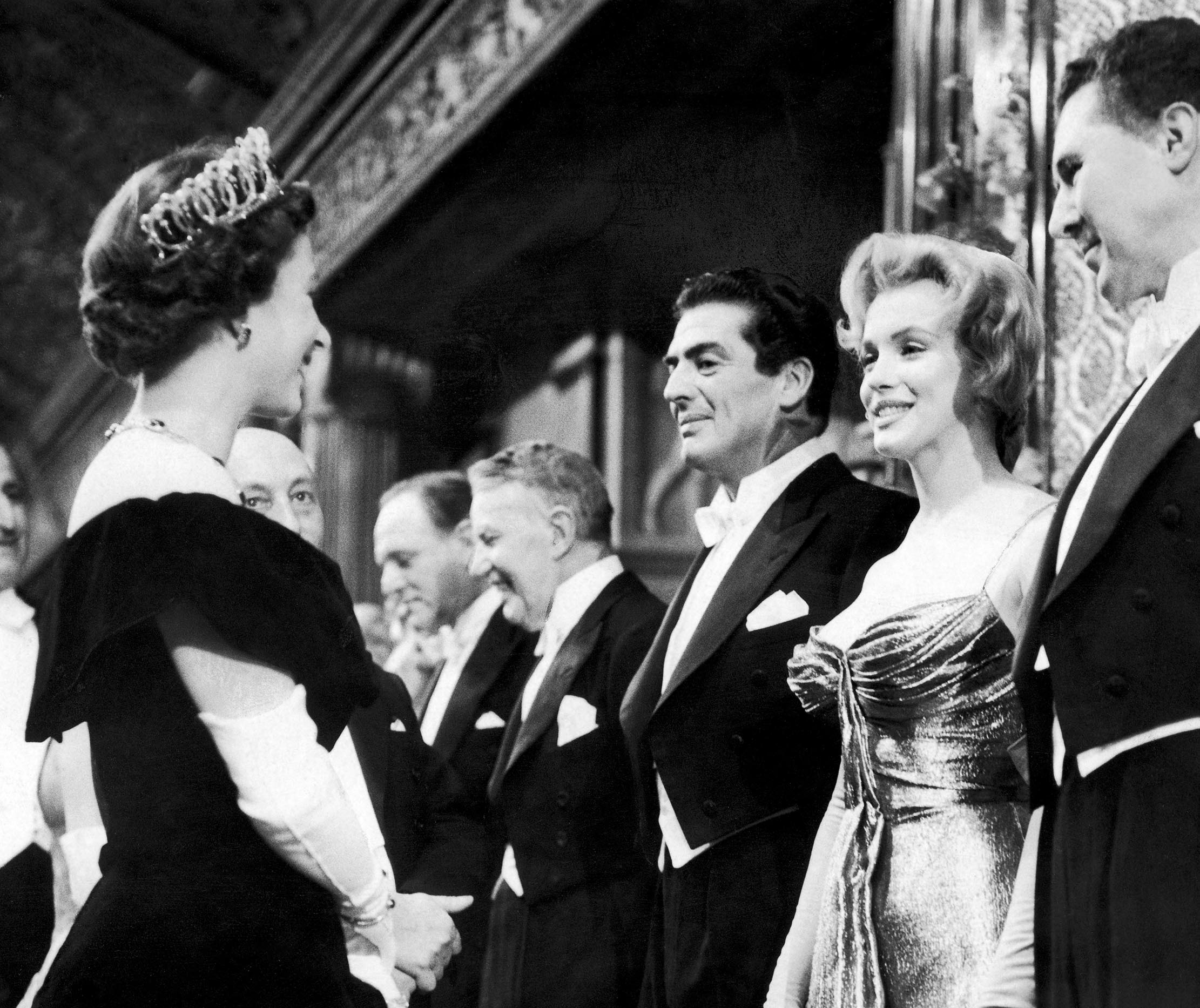
In the 70 years after Queen Elizabeth II took the throne, the world changed in ways that would have seemed unimaginable in 1952. We look back at some of the major events, and how Her Majesty was so often face-to-face with the people who shaped the late 20th and early 21st centuries.
1952
Sir Edmund Hillary and Sherpa Tenzing conquer Everest; Agatha Christie’s play The Mousetrap opens — it's still running today; the first hydrogen bomb is tested
1953
Stalin dies; the Korean War ends; Tito takes control of Yugoslavia; Winston Churchill wins the Nobel Prize for Literature
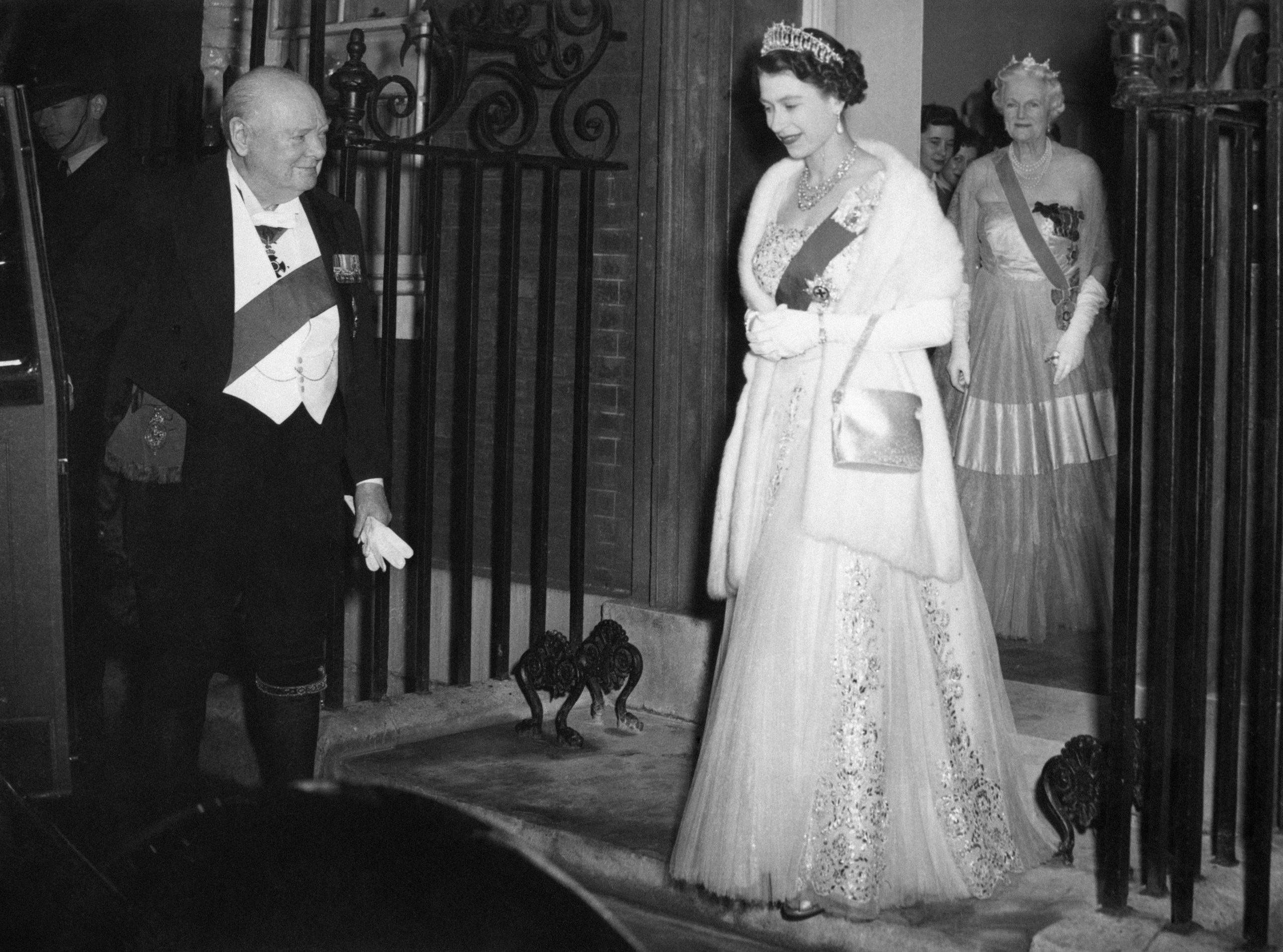
1954
Rationing ends; Roger Bannister runs the four-minute mile; myxomatosis decimates the UK rabbit population; Mau Mau uprising
1955
Warsaw Pact signed; first commercial television
1956
Suez Crisis; Khrushchev visits Britain
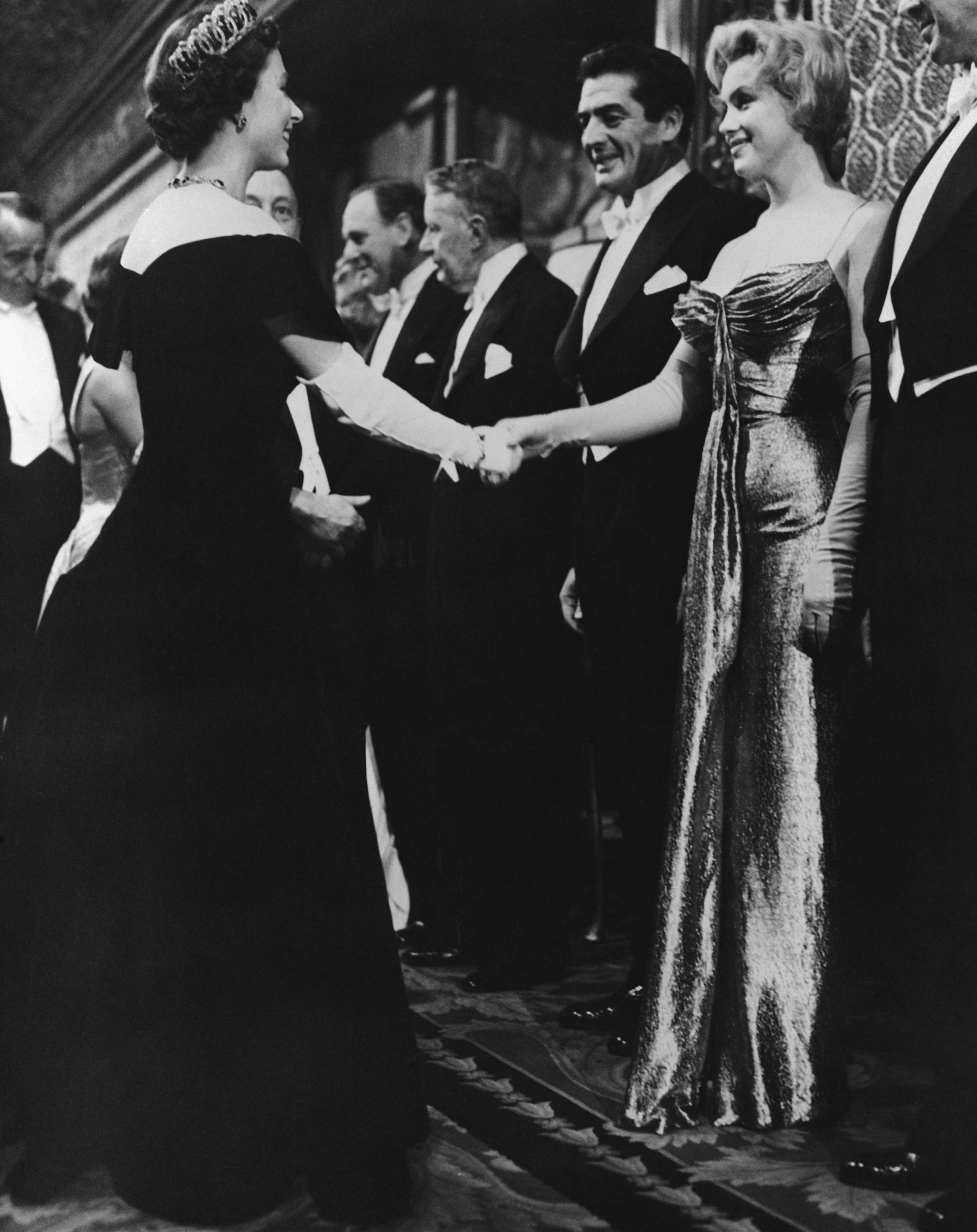
1957
The EEC established; Castro leads Cuban revolution; the USSR launches Sputnik 1 and 2, the latter bearing Laika the dog; women admitted to the House of Lords as life peeresses
1958
The Munich air disaster kills eight of the ‘Busby Babes’ footballers; the German Chancellor, Konrad Adenauer, visits Britain; the Queen inaugurates direct dialling
Exquisite houses, the beauty of Nature, and how to get the most from your life, straight to your inbox.
1959
Alaska and Hawaii become the 49th and 50th American states; Nixon and Khrushchev have the ‘Kitchen Debate’; the Dalai Lama flees Tibet; Ben Hur wins 11 academy awards
1960
National Service ends; Frances Chichester sails the Atlantic solo; Somalia, Ghana and Cyprus become independent republics and Nigeria gains independence; first Paralympic Games, in Rome
1961
John F. Kennedy is sworn in as the youngest US president; Yuri Garagin is the first man in space — and earns an invitation to tae at Buckingham Palace; Nureyev defects; the Berlin Wall is erected; South Africa leaves the Commonwealth; Tanganyika declares independence; the contraceptive pill goes on sale
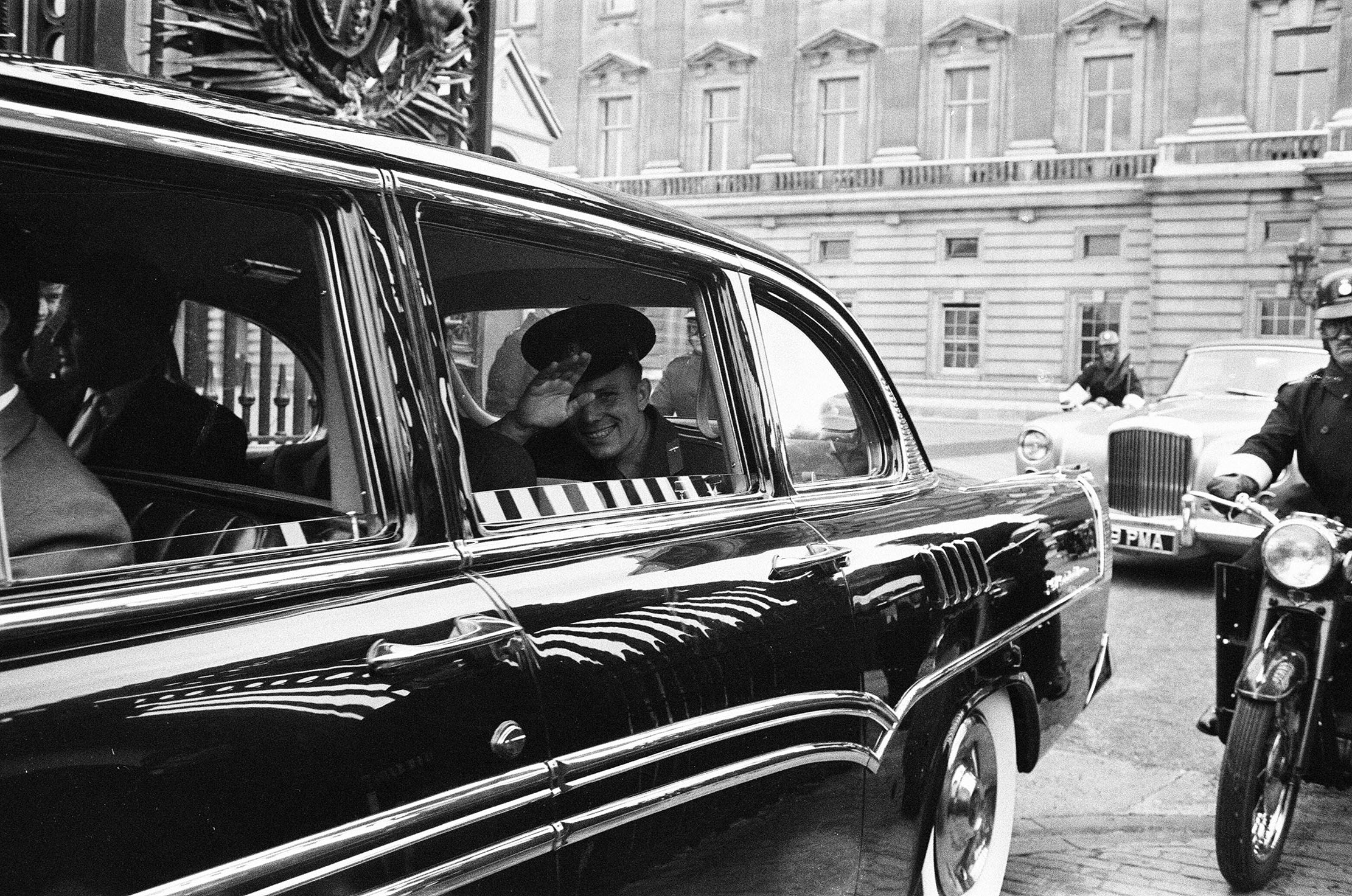
1962
The Cuban Missile crisis; Nelson Mandela imprisoned; Trinidad and Tobago, Jamaica and Uganda become independent; the UK winter of the ‘Big Freeze’
1963
John F. Kennedy is assassinated; Martin Luther King delivers his ‘I have a dream’ speech; John Profumo resigns from the government; Britain, the US and USSR sign a nuclear test-ban agreement; Kenya and Nigeria become Commonwealth republics and Malaysia becomes a new nation; the Great Train Robbery
1964
Malta — the Queen's home from 1949 to 1951 — becomes independent; Nyasaland, renamed Malawi, gains independence; Tanganyika and Zanzibar become Tanzania and Kenya becomes a republic; capital punishment ends in Britain
1965
Churchill dies; Rhodesia becomes independent; Singapore secedes from the Federation of Malaysia
1966
England win the World Cup; the Aberfan tragedy; Chairman Mao launches the cultural revolution and publishes his Little Red Book; Mrs Gandhi becomes Prime Minister of India

1967
BBC2 transmits in colour; Donald Campbell is killed aboard his speedboat Bluebird on Coniston Water in the Lake District; the Six-Day War; Uganda becomes a republic and South Yemen a People’s Democratic Republic
1968
Vietnam War; Robert Kennedy and Martin Luther King assassinated; Enoch Powell’s ‘rivers of blood’ speech; Post Office introduces first-class post; Aswan Dam completed
1969
Neil Armstrong and ‘Buzz’ Aldrin set foot on the Moon; RMS Queen Elizabeth II enters service; Robin Knox-Johnston is the first person to sail the world solo; Charles de Gaulle resigns; the Booker Prize established
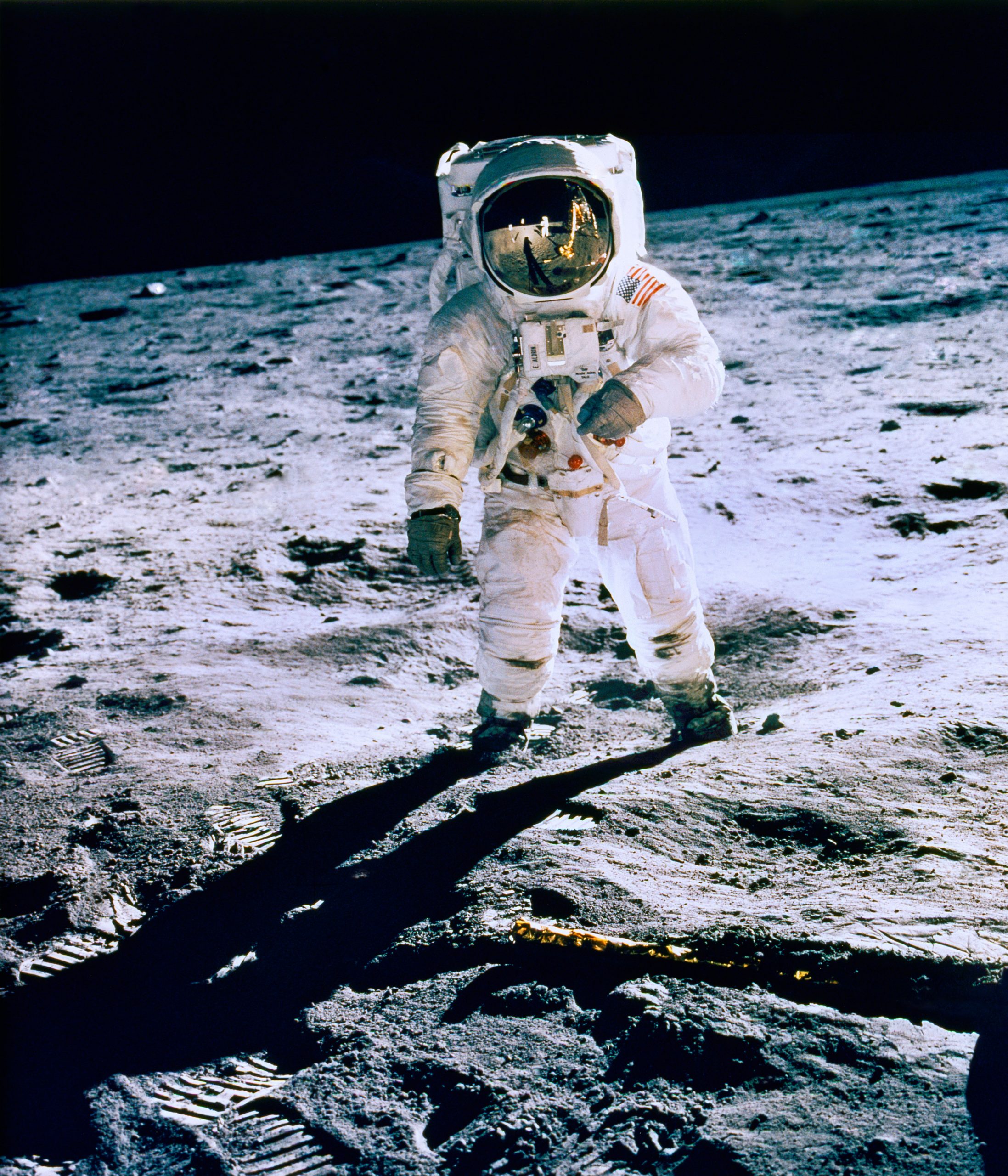
1970
The vote is given to 18 year olds; Ian Smith declares a republic in Rhodesia; the US invades Cambodia; The Beatles split
1971
Decimal currency introduced; Idi Amin seizes power in Uganda; Greenpeace is founded
1972
Bloody Sunday, with 14 civilians killed in the Bogside, Derry; the pound is devalued and a freeze on wages and prices is imposed; 11 Israeli hostages killed by terrorists at the Munich Olympics; Apollo 16 lands on the moon
1973
Britain, Denmark and the Republic of Ireland formally join the EEC; VAT comes into force; Watergate hearings begin; commercial radio broadcasts begin; Vietnam peace agreement signed in Paris; Greece proclaims itself a republic
1974
The IRA bombs pubs in Guildford and Birmingham, plus Oxford Street; miners’ strike, three-day week and power cuts; no clear majority in February election prompts a second one in October; collapse of power-sharing agreement in Northern Ireland; Nixon resigns; Greece abolishes monarchy
1975
Sex Discrimination Act and Equal Pay Act; Britain votes yes to staying in the EEC; Dutch elm disease takes hold; Spain restores monarchy after death of Franco
1976
Concorde starts commercial flights and space-shuttle tests begin; the US celebrates 200 years of independence; Cod wars end; Apple Computers founded; Britain bakes in a hot, dry summer
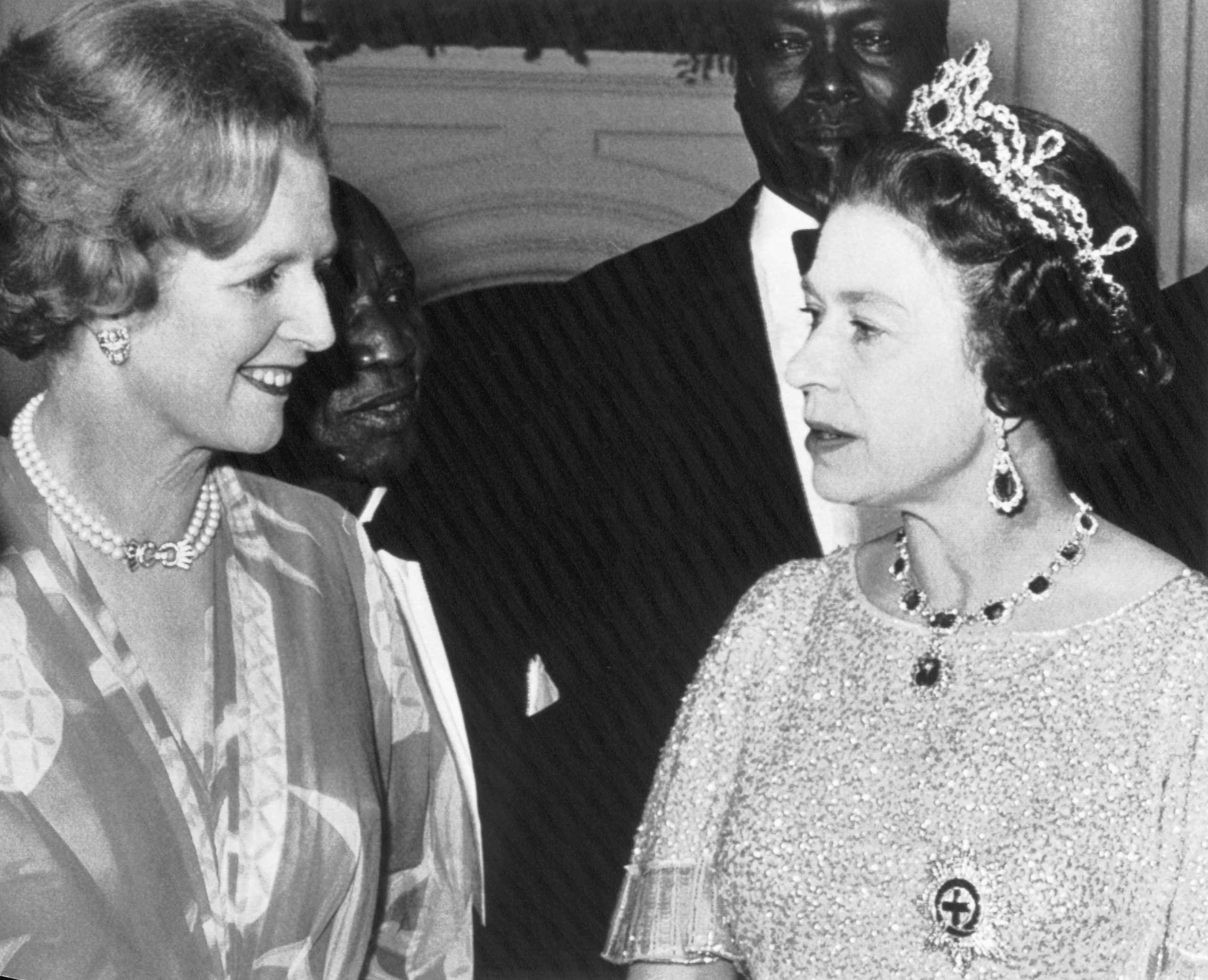
1977
Virginia Wade wins the Wimbledon Ladies’ Singles; Lucinda Prior-Palmer wins Badminton and the European Championships on George; Red Rum wins a third Grand National; unemployment reaches one million; the Regent’s Park mosque opens
1978
House of Commons proceedings are broadcast live on radio; Louise Brown, the first ‘test-tube baby’ is born; major winter strikes
1979
Margaret Thatcher becomes Britain’s first female prime minister; Lord Mountbatten is assassinated by the IRA; the Ayatollah Khomeini returns to Iran; the Shah is exiled; Amin is deposed; the spacecraft Voyager I observes Jupiter’s rings
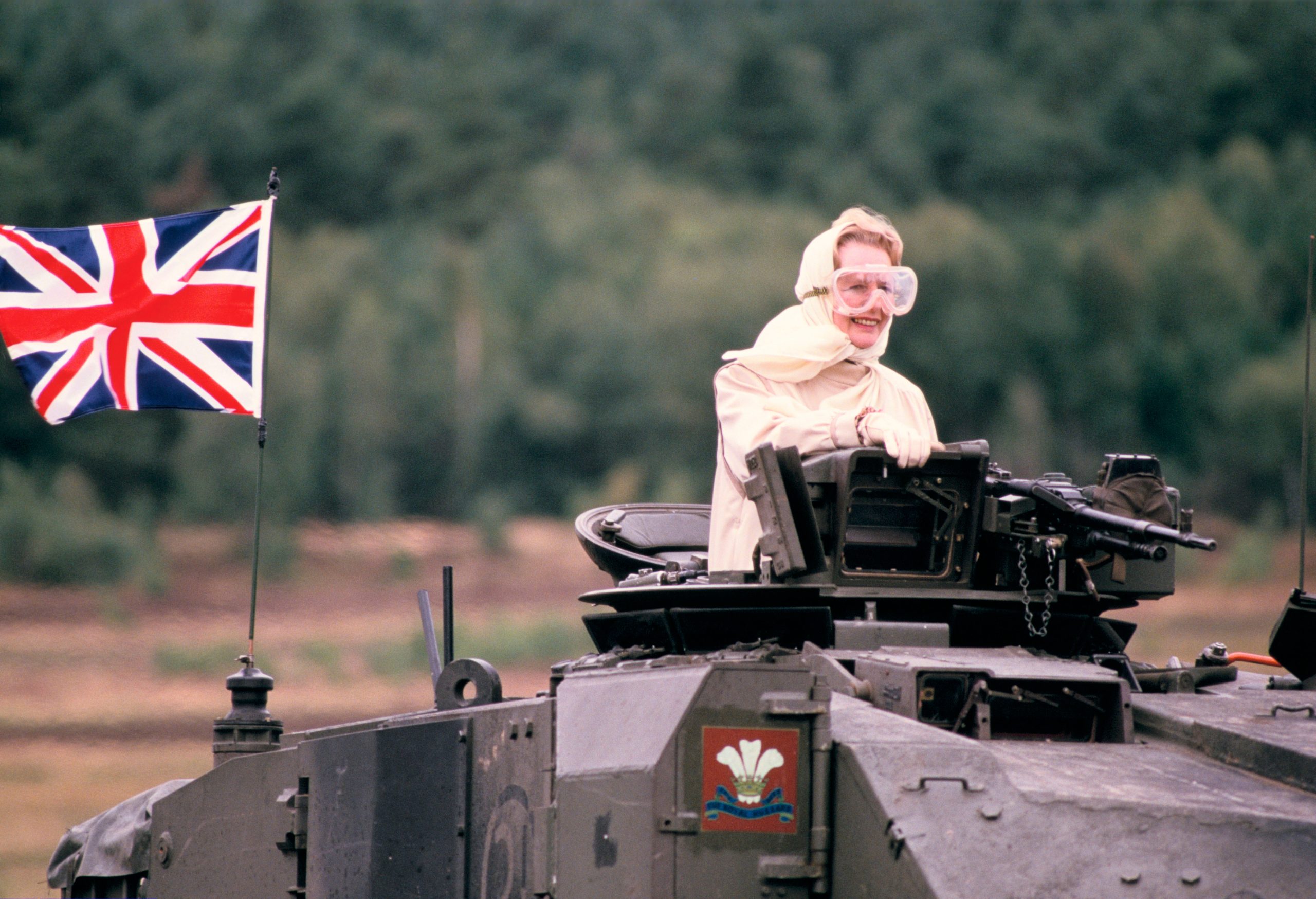
1980
Iranian embassy hostages freed by SAS; Princess Beatrix crowned Queen of the Netherlands after her mother’s abdication; Rhodesia becomes the Republic of Zimbabwe; John Lennon assassinated
1981
The ‘Gang of Four’ leave Labour to set up the SDP; Toxteth and Brixton riots; Ronald Reagan becomes US President; Pope John Paul II is attacked; Sadat is assassinated; England win 'Botham's Ashes'
1982
Falklands War; Channel 4 starts; Mary Rose is raised; IRA bombs Hyde Park; Pope visits Britain
1983
Seatbelts are made compulsory; IRA bombs Harrods; Motorola introduces mobile phone; Lester Piggott wins ninth Derby riding Teenoso
1984
Brighton bombing; miners' strike; Indira Gandhi assassinated; famine in Ethiopia; AIDS virus identified
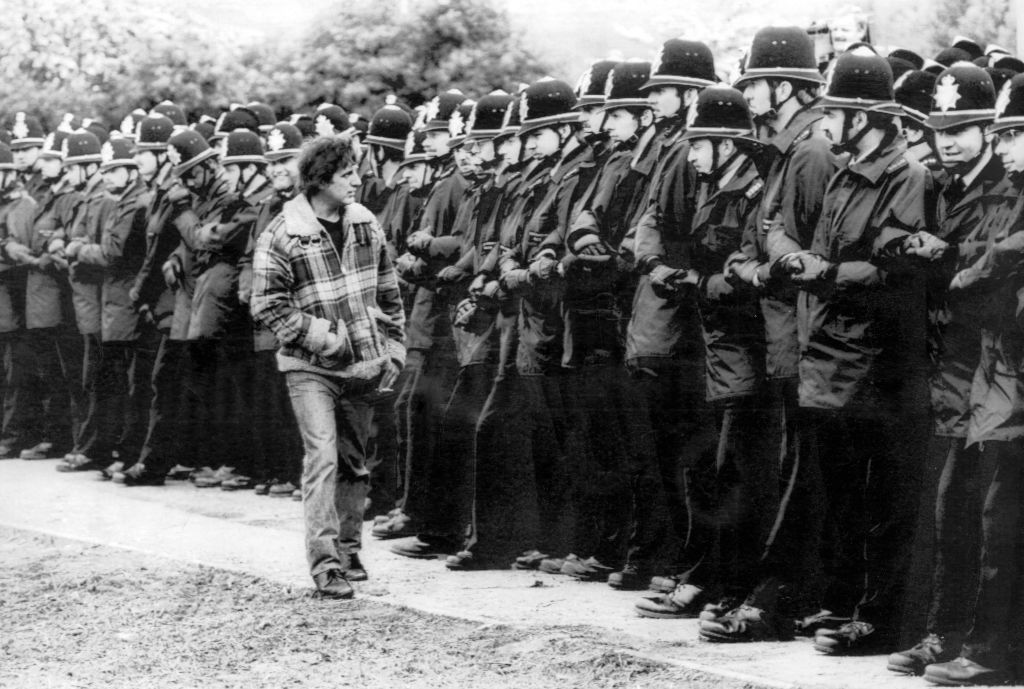
1985
Live Aid; ordination of women approved; miners concede defeat; multiple deaths at Bradford City and Heysel, Belgium, football stadiums; state of emergency declared in South Africa
1986
British Gas privatised; Greater London Council abolished; Chernobyl; space shuttle Challenger explodes; Swedish PM Olof Palme assassinated; Gary Lineker wins Golden Boot award at the World Cup
1987
The Great Storm; Black Monday; the King’s Cross fire; Terry Waite kidnapped; MS Herald of Free Enterprise disaster; Enniskillen bombing; Lester Piggott jailed for tax evasion
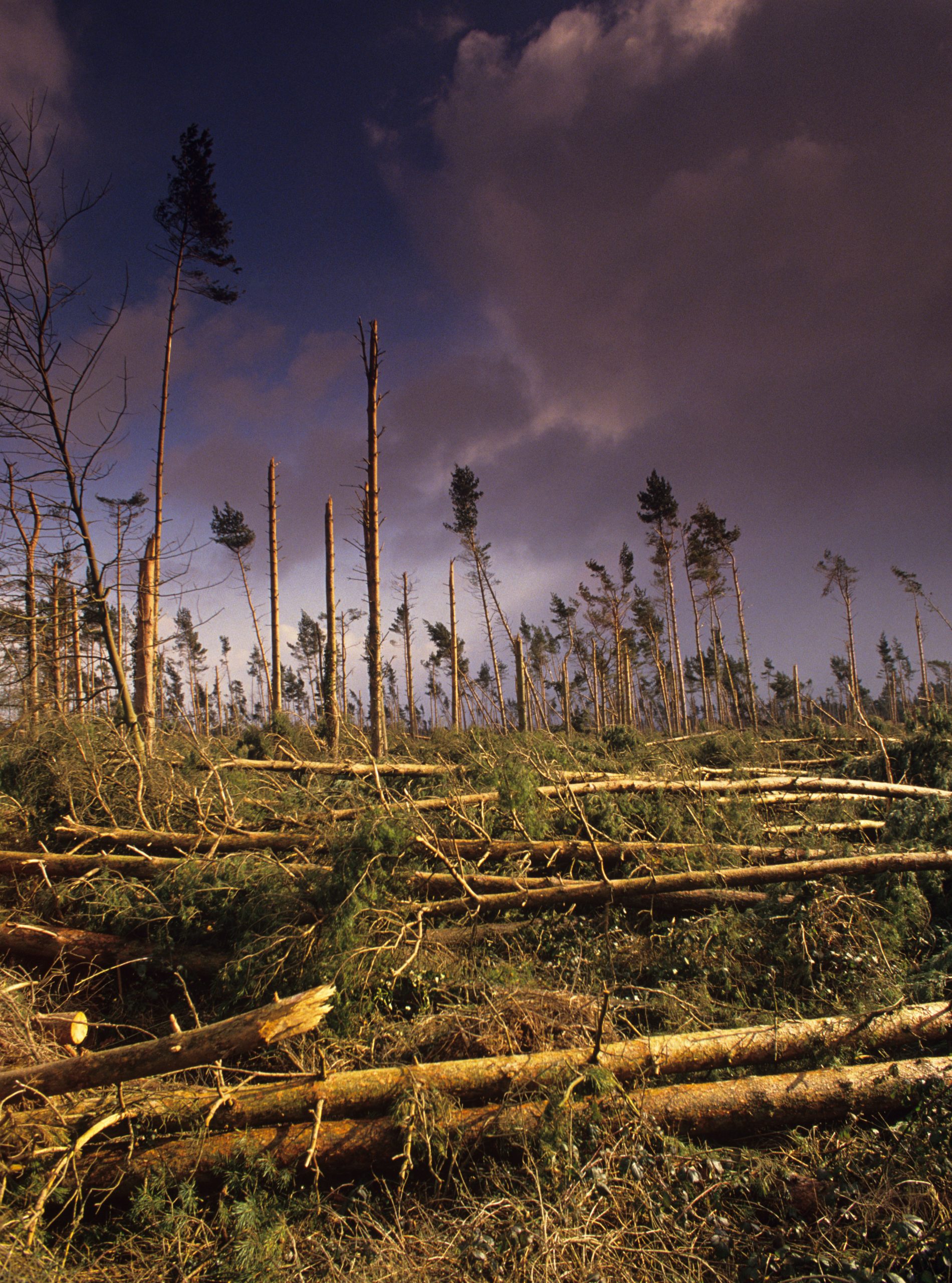
1988
Lockerbie plane crash; Clapham Junction rail crash; Piper Alpha oil rig catches fire
1989
Berlin Wall collapses; the Cold War ends; tanks are sent in to crush protestors in Tiananmen Square; Hillsborough and Marchioness disasters; Czechoslovakia’s Velvet Revolution
1990
Margaret Thatcher ousted; East and West Germany unified; Nelson Mandela released; Mikhail Gorbachev awarded Nobel Peace Prize; Lech Walesa elected president of Poland
1991
John McCarthy and Terry Waite released; Operation Desert Storm liberates Kuwait; Gorbachev resigns and USSR becomes a commonwealth of republics; Slovenia and Croatia declare independence from Yugoslavia
1992
Worst UK drought for 200 years; Betty Boothroyd is first female Speaker; Croatia and Slovenia are recognised as independent and Bosnia-Herzegovina declares independence
1993
The single market comes into force; John Major and Albert Reynolds sign peace agreement; Mandela shares Nobel Peace prize with President R. W. de Klerk; Grand National false start
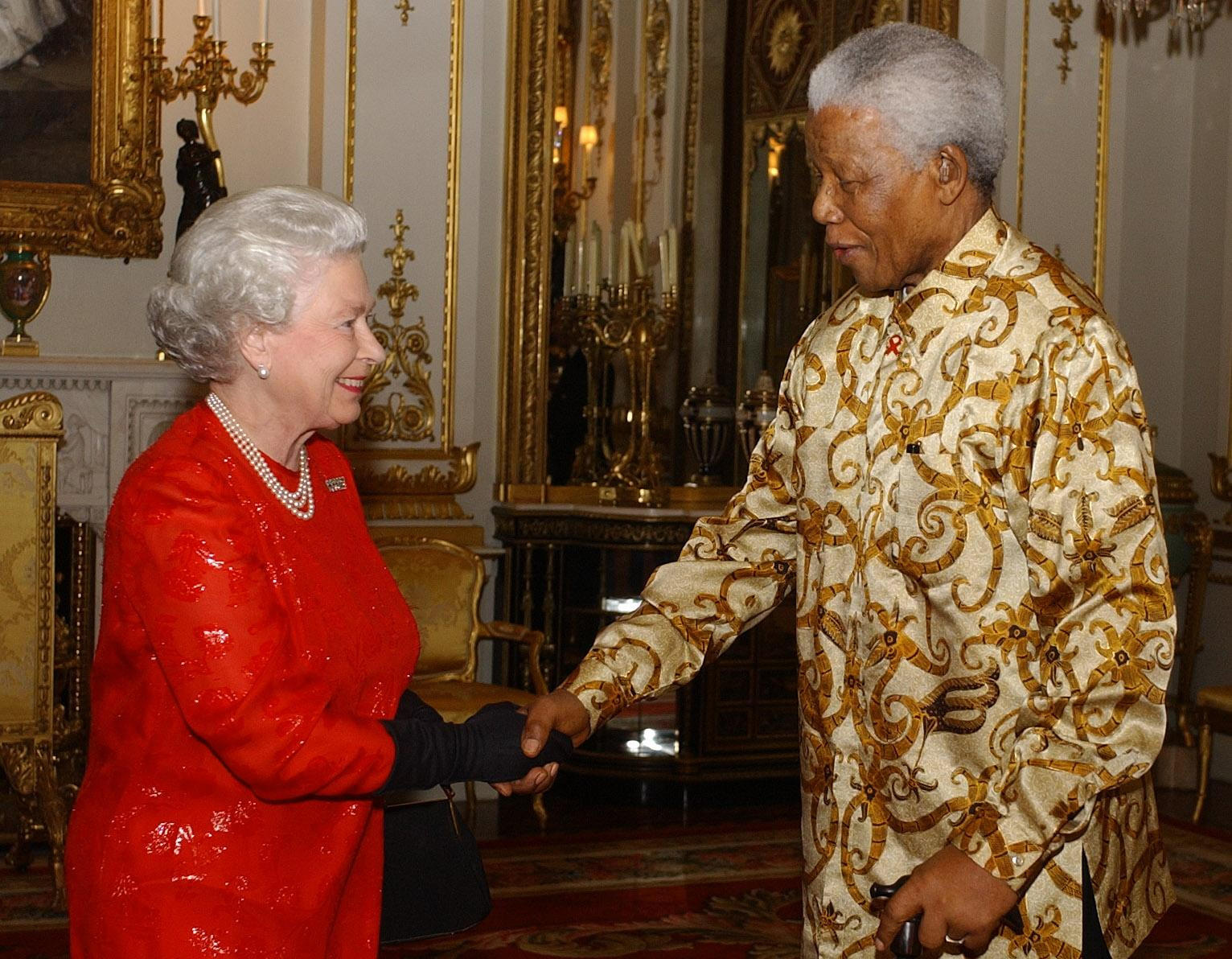
1994
Channel Tunnel opens; Tony Blair elected Labour leader after the death of John Smith; IRA ceasefire agreed; National Lottery launched; first women priests ordained; Mandela sworn in as president of South Africa
1995
Ceasefire in Balkans brokered; Israeli prime minister Rabin is assassinated
1996
BSE hits British cattle; Shakespeare’s Globe completed; Dolly the sheep cloned; first GM products sold in Britain
1997
Labour landslide; Hong Kong handover; the first ‘Harry Potter’ book published by Bloomsbury; the Countryside Rally in Hyde Park; Grand National bomb scare
1998
Good Friday peace agreement; hereditary peers lose right to sit in House of Lords
1999
The Euro is introduced; President Clinton acquitted in impeachment trial; the Millennium Stadium opens in Cardiff; The Gruffalo published
2000
Tate Modern and the wobbly Millennium Bridge open; Ken Livingstone is the first elected London Mayor; Countryside and Rights of Way Act gives partial Right to Roam
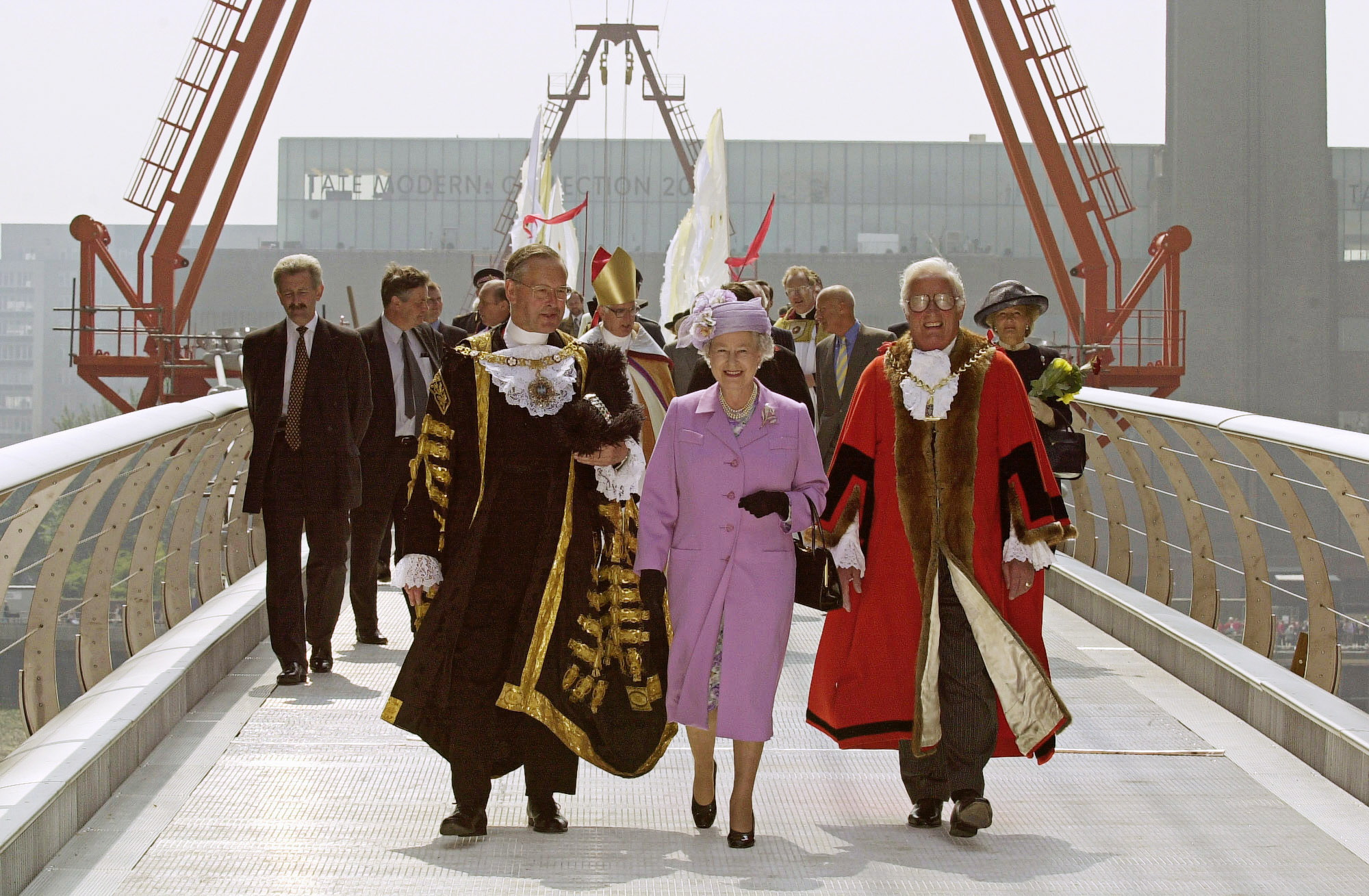
2001
The 9/11 bombing of the Twin Towers; foot-and-mouth disease shuts down the countryside; Enron scandal; iPad and Wikipedia are launched; the US invades Afghanistan
2002
The EU votes to add 10 new countries; Commonwealth Games in Manchester
2003
Some 500,000 go on the Countryside March; one million march against the Iraq conflict; Saddam Hussein deposed; Concorde’s last flight; Yugoslavia dismantled; the first Twenty20 matches; England win the Rugby World Cup
2004
Tsunami devastates the Indian Ocean and kills thousands on Boxing Day; Facebook and Google launched
2005
London wins the Olympic Games; London transport is bombed; Hurricane Katrina hits the US; the IRA ends armed campaign; the Civil Partnership Act is passed; Ellen MacArthur breaks the world record for the fastest single-handed circumnavigation of the globe
2006
Alexander Litvinenko murdered in London; £53 million stolen in Securitas depot robbery; whale discovered in Thames; Daniel Craig makes debut as James Bond
2007
Apple releases the iPhone; Helen Mirren wins Oscar for The Queen; Prince William opens new Wembley Stadium
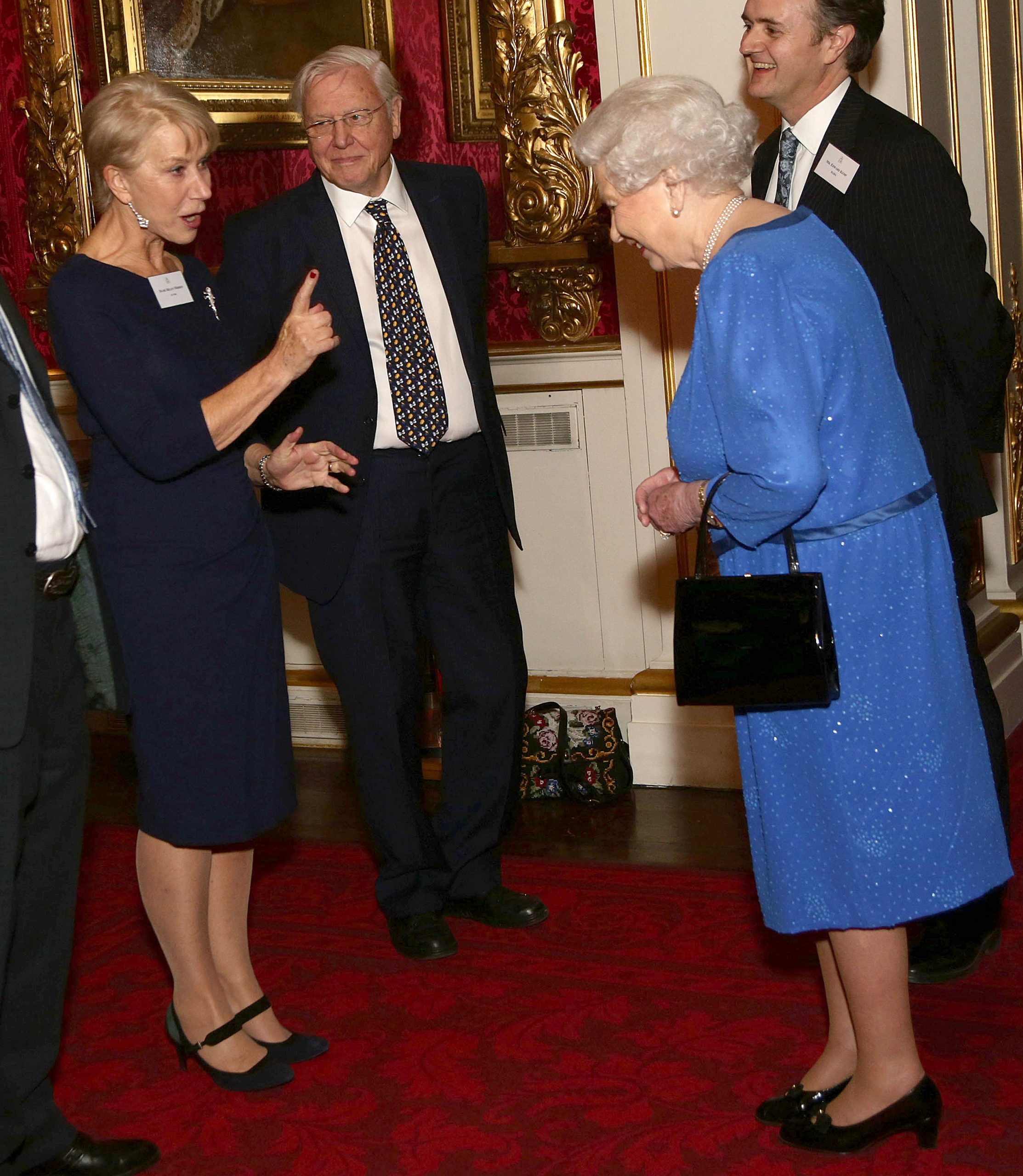
2008
Barack Obama elected US President; Benazir Bhutto assassinated; Castro steps down; Lewis Hamilton is youngest Formula 1 world champion; Large Hadron Collider is inaugurated
2009
Hilary Mantel wins the Booker Prize for Wolf Hall; swine flu; Bitcoin Network created; Usain Bolt sets world record in World Athletics Championships
2010
General Election leads to a hung parliament — a coalition results; Caroline Lucas becomes the first Green MP; David Cameron apologises for Bloody Sunday; earthquake in Haiti; Cadbury taken over by Kraft Foods; volcanic ash from Iceland causes travel chaos
2011
Arab Spring; Osama Bin Laden found and killed; Mark Todd comes out of retirement to win Badminton Horse Trials
2012
London stages hugely successful Olympic Games; Bradley Wiggins wins the Tour de France
2013
Andy Murray wins Wimbledon; same-sex marriage is legalised in England and Wales; the world’s first lab-grown burger; the General Synod votes in favour of women bishops
2014
Scotland votes to stay part of the UK; ebola crisis; Malaysian Airways flight disappears; Somerset Levels flooded; Commonwealth Games in Glasgow
2015
Attack on Charlie Hebdo offices; NASA finds water on Mars; the first Woman’s Boat Race; Paris Agreement on climate change
2016
Britain votes to leave the EU; Donald Trump elected US President; the Rio Olympic Games are Britain’s most successful with 130 medals; the first series of The Crown is aired
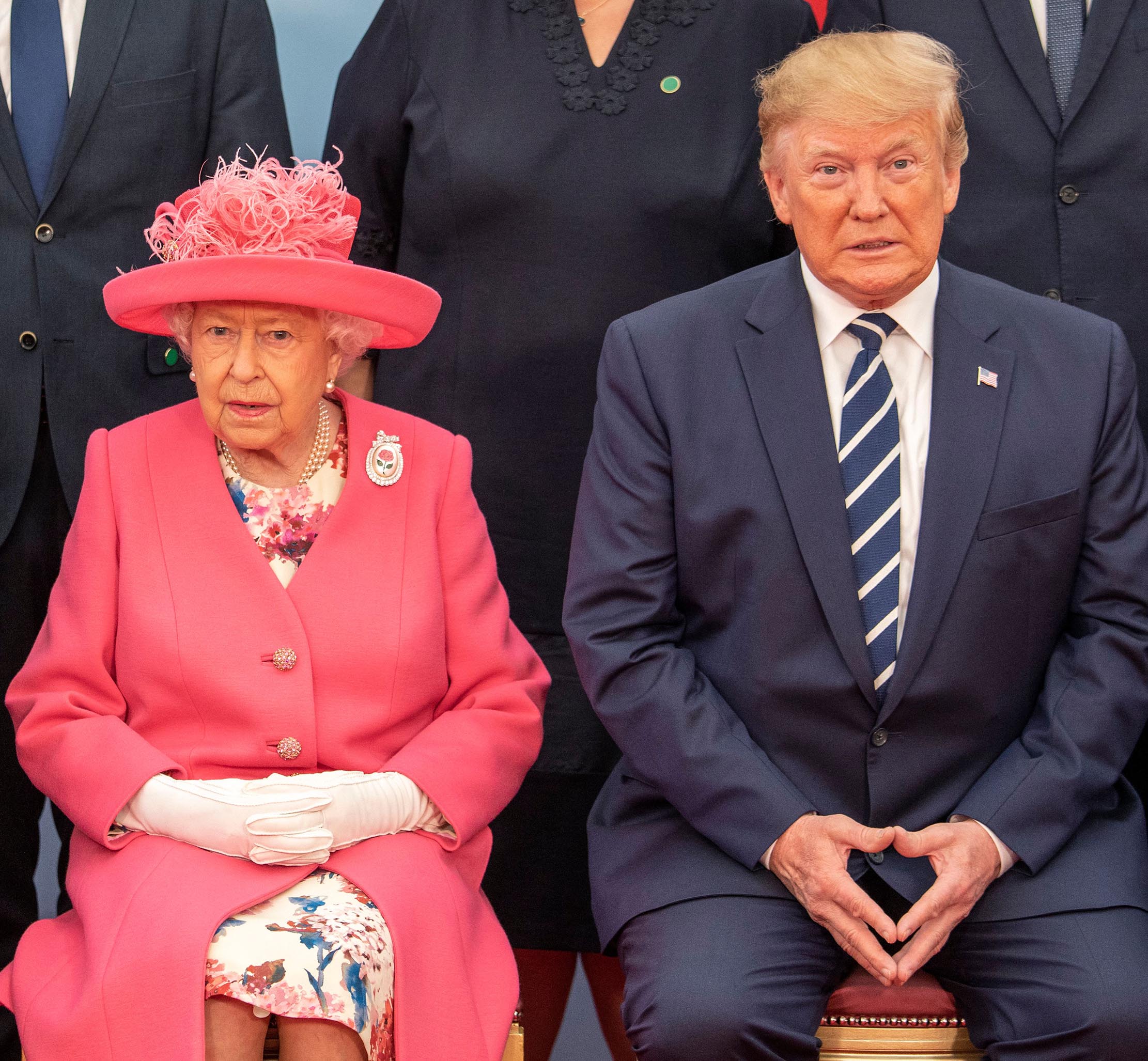
2017
Martin McGuinness resigns; DUP shores up Government; bombing of Manchester Arena; Grenfell Tower fire; Lake District becomes UNESCO World Heritage Site
2018
Salisbury poisonings; Theresa May apologies for Windrush controversy; first statue of a female in Parliament Square, Millicent Fawcett; Harry Kane wins the Golden Boot at the World Cup
2019
Boris Johnson wins an 80-seat majority; the Booker Prize is split; Greggs launches meat-free sausage rolls; the Women’s Fifa World Cup is the most watched British television broadcast
2020
The world stops for the coronavirus pandemic; Britain finally leaves the EU; Joe Biden elected US President with the first female vice-president, Kamala Harris
2021
Coronavirus vaccine programme; Rachael Blackmore is the first woman to win the Grand National; England reaches the World Cup final; the 2020 Olympics take place a year late in Tokyo, Japan. Team GB secure 65 medals: 22 gold, 21 silver and 22 bronze
2022
The Lionesses win the Women’s World Cup; Liz Truss becomes Prime Minister; and finally, Her Majesty The Queen dies aged 96, on September 8, 2022.
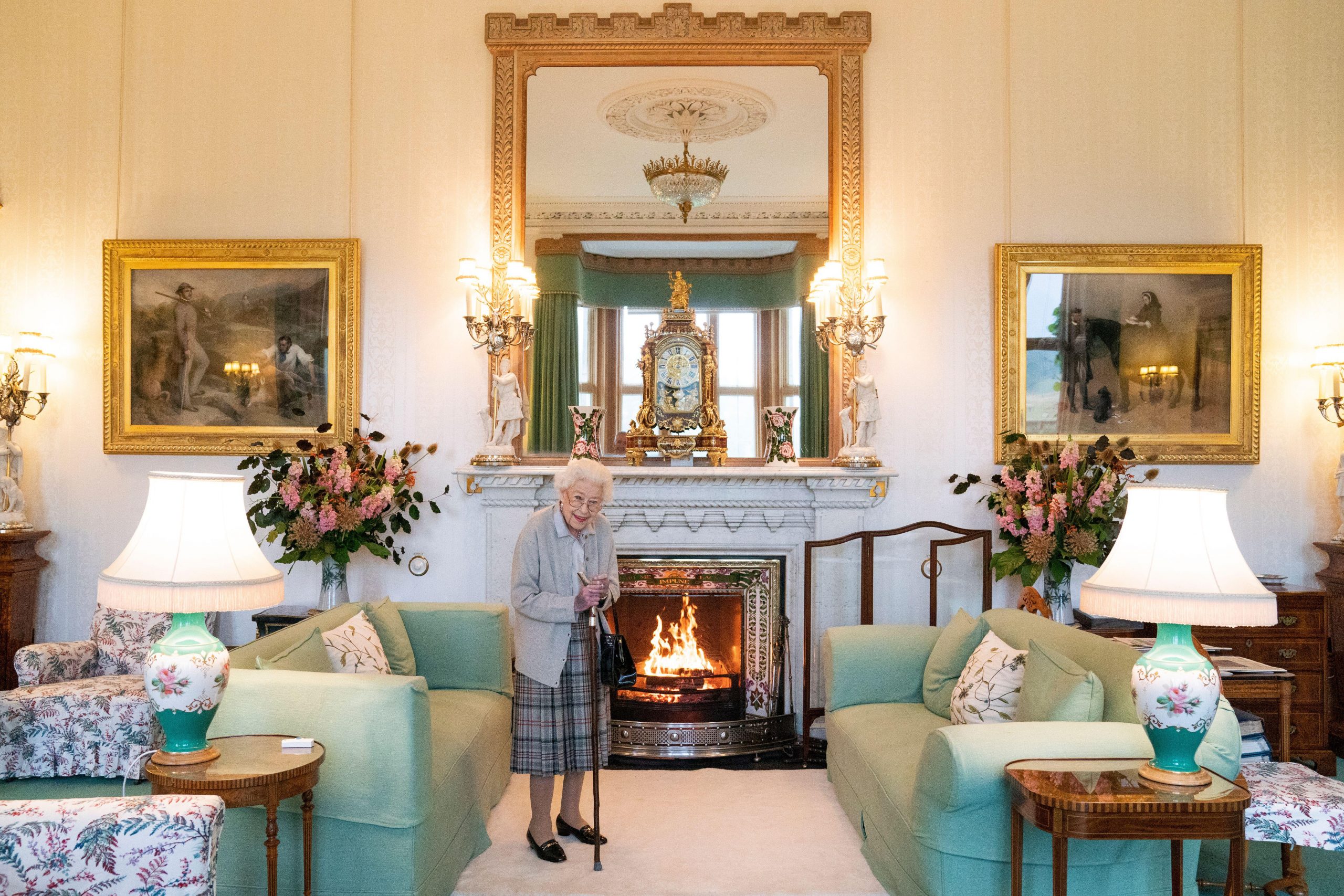
Toby Keel is Country Life's Digital Director, and has been running the website and social media channels since 2016. A former sports journalist, he writes about property, cars, lifestyle, travel, nature.

